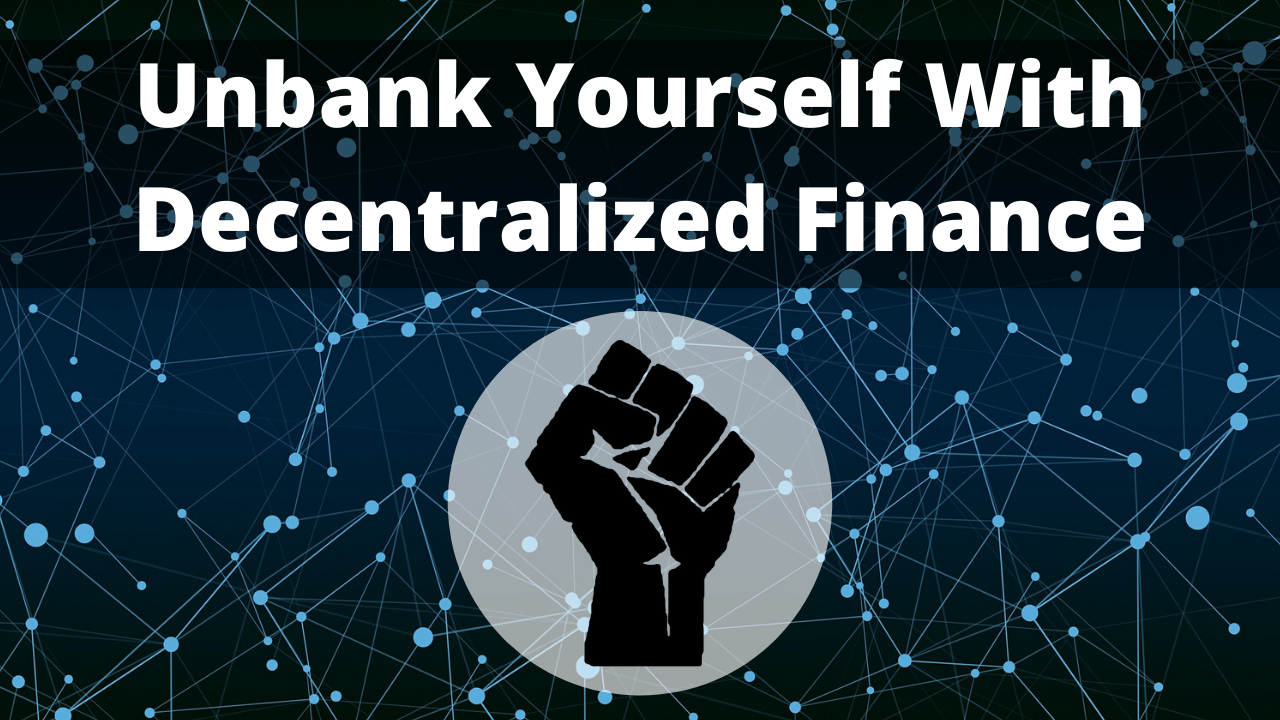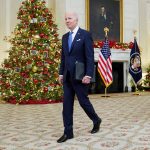#DeFi #politics #decentralization #bitcoin #crypto #asseet #digital
“DeFi is on the rise and the benefits for its users have the potential to blow traditional banking into oblivion”— Paul Ebeling
Since the Hussein-Obama embarked on a policy to divide Americans, the United States has grown more divided by interracial and bipartisan strife, and the EU borders on authoritarianism, it is becoming obvious that new instruments of social governance and leverage over the elites are needed to prevent the world from sliding into a conflict of global proportions.
The advent of such a populous means of social governance may be beckoning as decentralized currencies are proving to be one of the most powerful disruptive forces that both governments and their financial vassals fear.
In Y 2021, we have seen Bitcoin starting to impact the political sphere and impinge on the narrative more so than WikiLeaks. The resistance Bitcoin encounters from all layers of governance is evidence of its growing power.
While most attention is given to crypto as an asset class that is gaining traction in the context of a larger macroeconomic process driven by the threat of real inflation, hyper-digitalization and general social disorientation less attention is being given to the political processes that are likely to proliferate over the coming years. The more Bitcoin and permissionless networks take hold, the more influence and attention libertarian principles like decentralization will be gaining.
Bitcoin is a significant innovation in terms of streamlining power, offering the opportunity for countries and communities on the periphery to assert sovereignty, reinvent their economy and engage in new forms of local wealth generation.
Game theory suggests that smaller developing nations will be the first movers to give shape to this new paradigm, having recognized its potential for kickstarting economies. Larger institutions and economies will be forced to join as Bitcoin starts eating away at the status quo.
Hillary Clinton was harsh on Bitcoin adoption and its undermining of the dwindling dominance of the US dollar on the global economic stage.
Mrs. Clinton said, “What looks like a very interesting and somewhat exotic effort to literally mine new coins in order to trade with them has the potential for undermining currencies, for undermining the role of the dollar as the reserve currency, for destabilizing nations, perhaps starting with small ones but going much larger.”
That politician did not miss the chance to weave in the adages and phantoms haunting her party’s geopolitical line, adding, “We’re looking at not only states such as China or Russia manipulating technology of all kinds to their advantage. We’re looking at non-state actors – either in concert with states or on their own – destabilizing countries, destabilizing the dollar as the reserve currency.”
Crypto is not fragmenting the economy, as Hillary Clinton declares.
Instead, it is offering a more democratic approach to governance of a system that is both ossified and not inefficient in light of modern requirements and opportunities.
We stand at the dawn of changes that are as significant as when the world moved off the gold standard, or when the Bretton Woods system was reached post-WWII.
The changes ahead will affect the lifeblood of the global political system, finance, the sole and most important instrument of leverage the political elites do not want to let go of.
Times they are a changing.
Have a happy, prosperous Christmas Week, Keep the Faith!









